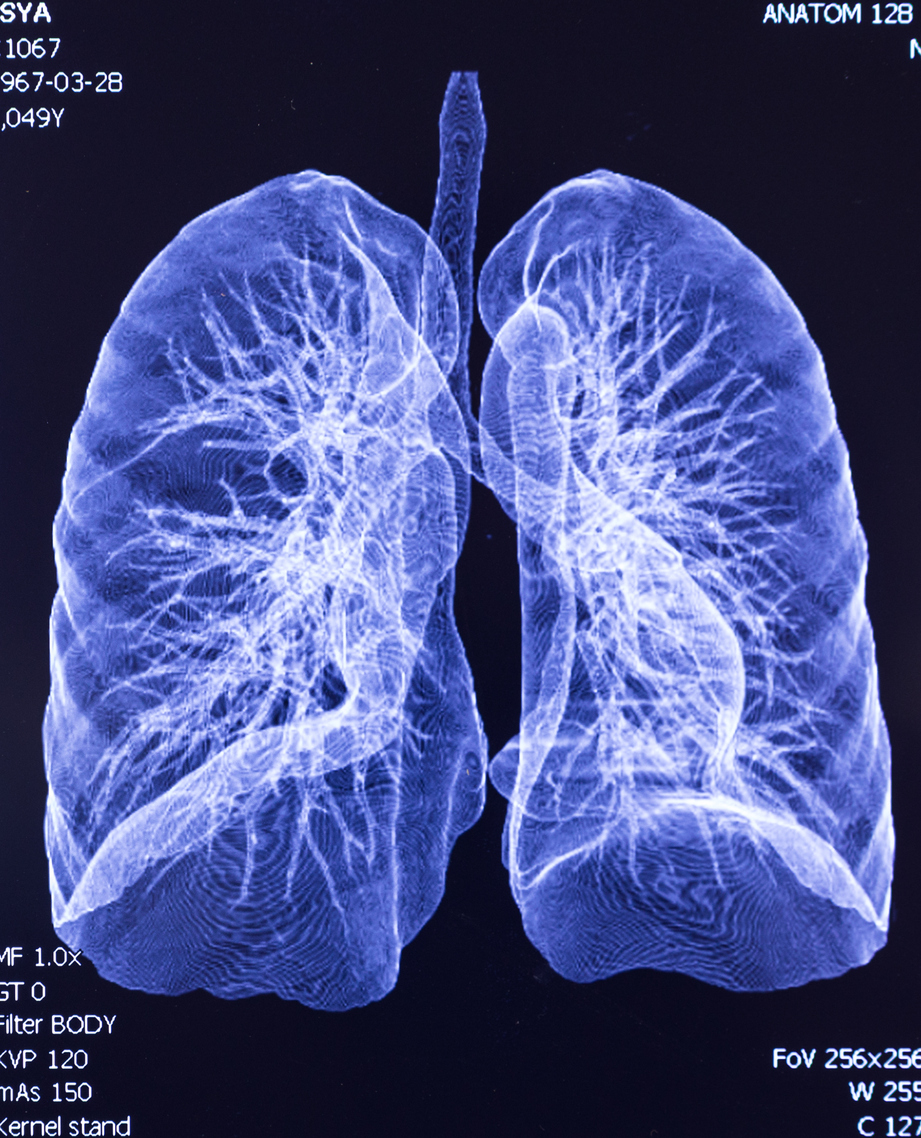
Highlights
Summary
The human immunological mechanisms defining the clinical outcome of SARS-CoV-2 infection remain elusive. This knowledge gap is mostly driven by the lack of appropriate experimental platforms recapitulating human immune responses in a controlled human lung environment. Here, we report a mouse model (i.e., HNFL mice) co-engrafted with human fetal lung xenografts (fLX) and a myeloid-enhanced human immune system to identify cellular and molecular correlates of lung protection during SARS-CoV-2 infection. Unlike mice solely engrafted with human fLX, HNFL mice are protected against infection, severe inflammation, and histopathological phenotypes. Lung tissue protection from infection and severe histopathology associates with macrophage infiltration and differentiation and the upregulation of a macrophage-enriched signature composed of 11 specific genes mainly associated with the type I interferon signaling pathway. Our work highlights the HNFL model as a transformative platform to investigate, in controlled experimental settings, human myeloid immune mechanisms governing lung tissue protection during SARS-CoV-2 infection.
Read more...







